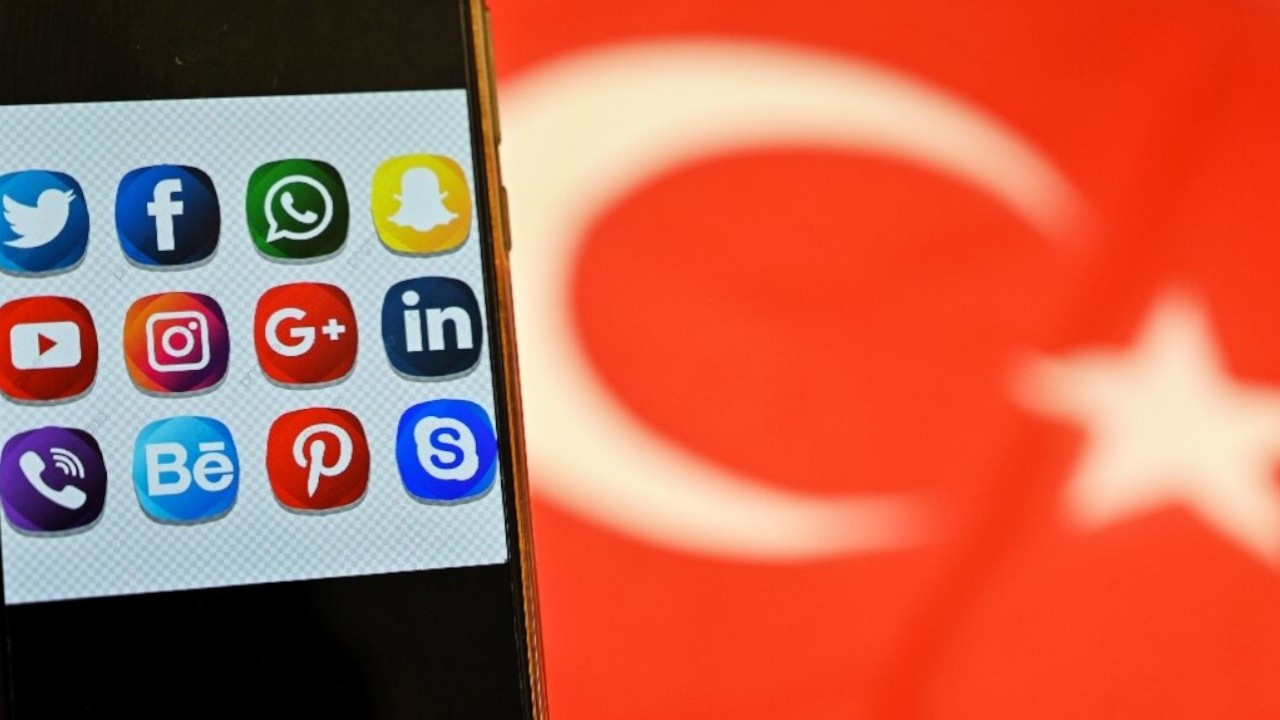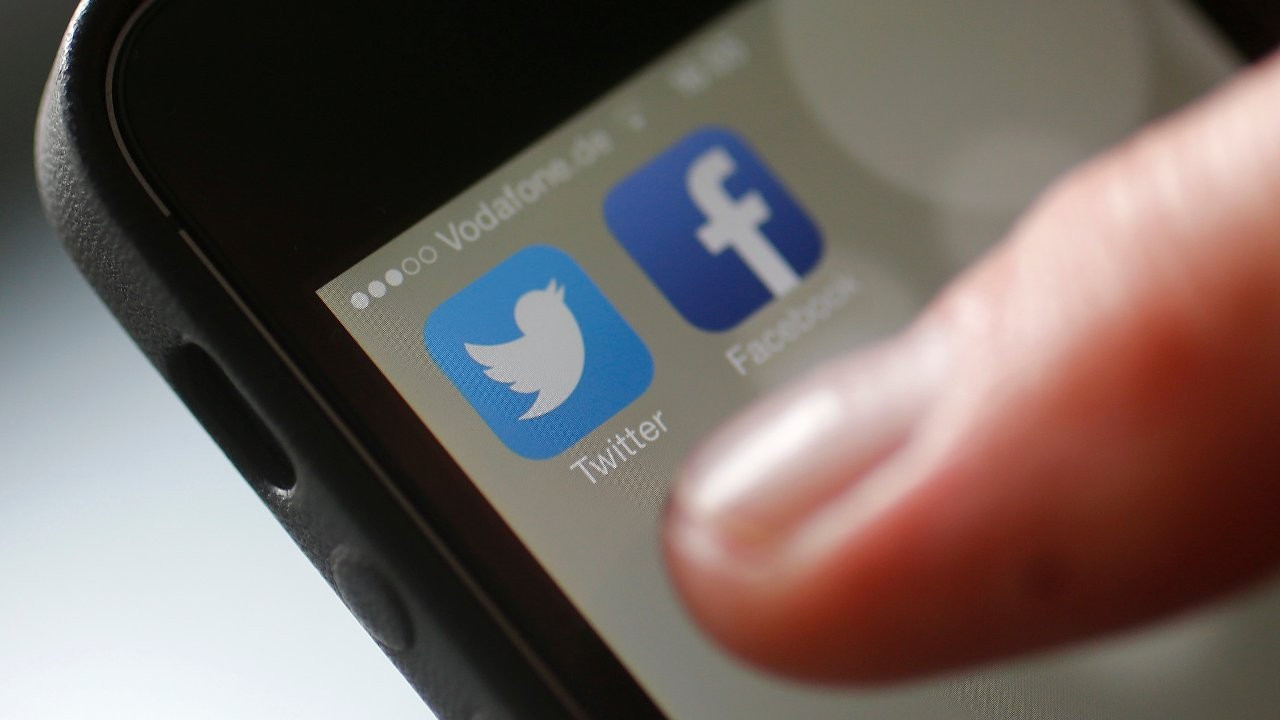Turkish authorities ban advertising on Twitter, signal limitation on bandwidth over not appointing representative
The Information and Communications Technologies Authority (BTK) banned Turkish taxpayers and legal entities from advertising on Twitter because the company failed to appoint a representative in the country required by law. The Transportation Deputy Minister said that a limitation on bandwidth would be applied to the site within three months.
Duvar English
Turkey’s Information and Communication Technologies Authority (BTK) on July 21 published a decision in the Official Gazette and stated that new advertisements on Twitter by real and legal persons and taxpayers residing in Turkey were banned.
The decision to ban advertising was taken due to Twitter's failure to fulfill its obligation to designate representatives in the country.
Digital technology companies such as Facebook, Instagram, LinkedIn, VKontakte (VK), YouTube, Dailymotion, TikTok, Spotify, Netflix, and Amazon Prime Video, which are widely used in Turkey, were among the companies that decided to open representative offices in Turkey within the scope of an amendment to “The Law on Regulation of Broadcasts via Internet and Combating Crimes Committed by the Means of Such Publications” which entered into force on October 1, 2020.
Twitter also announced that it has decided to open a representative office in 2021 as one of the five largest social media platforms used in the country.
Transport and Infrastructure Deputy Minister Ömer Fatih Sayan made a statement on the issue through his Threads account and reminded that social network providers with more than one million daily access from Turkey are obliged to designate a representative in Turkey.
Sayan stated that if Twitter fails to appoint a representative within three months, a limitation on bandwidth would be applied to the website, which has not fulfilled its obligation despite all the meetings held in the past.
In case Twitter insist on not appointing representatives within three months after the ban, the next step will be decreasing their bandwidth by 50 percent and it will further decrease by 90 percent if they don't abide, which means that access to them will practically be barred.

 Social media giants face advertisement bans for not appointing representatives to TurkeyMedia
Social media giants face advertisement bans for not appointing representatives to TurkeyMedia Turkey slaps social media platforms $3.8M fines for defying new lawMedia
Turkey slaps social media platforms $3.8M fines for defying new lawMedia Turkish government to 'suffer from serious loss of income due to strict social media law'Media
Turkish government to 'suffer from serious loss of income due to strict social media law'Media